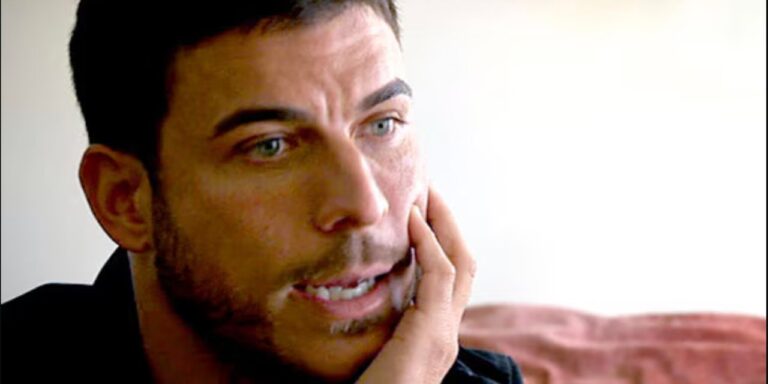Meanwhile, Capalbo says, there’s a big ethical issue: confidentiality. Because HIPAA, the law that requires health care providers to keep patients’ health information confidential, is such an important issue these days, Capalbo says participants would need to give permission to the therapist and the show before recording their sessions on screen. In her view, waiving privacy rights isn’t necessarily in the participants’ best interest.
So Capalbo worries that the choice to practice on screen may be at least partly self-motivated. Over the past few years, there has been a lot of pressure for doctors and other medical professionals to be active online and share their opinions on hot-button health topics. There are certainly many benefits to this, and it’s easier than ever to engage with medical professionals directly. But there are also potential drawbacks to these professionals going public. “Are they tweaking the way they practice because they want to make sure they’re coming across in a certain way to gain more followers and customers?” Capalbo wonders.
Dr. Gold has similar concerns about whether therapists on reality TV shows’ sole motivation is to help the contestants, but points out that there are benefits to shows that focus on counseling. Couples Therapy (For those who don’t know, the show depicts couples working through relationship issues with a psychologist in each episode.) She says the sessions are similar to real-world therapy, as the therapist dives deep into the couple’s issues and tracks their progress throughout the season.
How is reality TV therapy different from therapy in the real world?
What we see on reality TV is often an oversimplification of what really happens, says Dr. Gold. It’s like a SparkNotes version of the therapy process. For example, while real-world sessions usually last about an hour and are repeated, in season five, The Real Housewives of MiamiNicole Martin and her father appeared to heal decades of psychological pain in a matter of minutes, but in reality, it can take months, and often years, to successfully address some of the deep-rooted, complex issues portrayed on these shows, says Dr. Gold.
Capalbo’s concern is that some people will watch these scenes and think, “I can go to a session with my dad and fix our troubled relationship in 10 minutes.” “Therapy doesn’t work that way,” she says. Another consideration is that viewers may empathize with the issues the cast is talking about, identify with the therapist’s guidance, and follow that advice. But these meetings are heavily edited, so we don’t know what was discussed before or after, or how long it took the reality TV stars to get to where they are in therapy. “There are so many unknowns in these scenarios that trying to apply that advice to your own life could be harmful,” Capalbo says.
Dr. Gold suggests understanding the therapy tools you see on Bravo the same way you understand health information on TikTok: If something piques your interest, do your own research and maybe even consult with an expert. That’s the real power of watching therapy on TV, Dr. Gold says. Kyle Richards For example, dealing with a toxic relationship with your sister. Vanderpump Rules‘ Jax Taylor Find out why he’s bad at dating and think about it Oh, that’s a struggle for meIf so, you might want to consider going to therapy.


